#china
GM China Has Employees Living Inside Factories
General Motors’ joint venture in Shanghai is reportedly having employees sleep on factory floors to remain operational during regional COVID-19 lockdowns. The facilities are operated collaborative by GM and state-owned Chinese partner SAIC Motor Corp, with government restrictions being in place until at least Friday. Due to the tens of million people affected, it’s one of the largest lockdowns instituted since the pandemic started.
Initially reported by Reuters, the situation was framed as GM finding a workaround to ongoing Chinese lockdowns while other companies simply stopped production. But that seems to be glossing over some of the relevant context, mainly that the plant is now loaded up with workers who are sleeping inside the factory and living in relative isolation to ensure the facility is compliant with China’s stringent zero-tolerance policy while still managing to remain competitive.
Tesla Pauses Production in Shanghai
Tesla Inc. is briefly suspending production at its Shanghai factory for two days, starting today, as China upgrades restrictions pertaining to a new COVID outbreak. While the rest of the world has been scaling back pandemic-related restrictions, the Chinese Communist Party has begun issuing new mandates after locking down 51 million people at the start of the week. The government has said its part of its no-tolerance approach to the virus after citing roughly 1,700 infections spread across a dozen cities.
This has already started impacting supply chains that have been beleaguered by two years of restrictions already, apparently catching Tesla in the process. Despite Shanghai not having been issued any official orders, there’s been mounting pressure for businesses to temporarily shut down or reinstate protocols to have people work from home.
Volkswagen Shifting Production Out of Europe, Into U.S. and China
Volkswagen Group will be moving some of its European production out of the continent and into facilities located in China and the United States, citing the war in Ukraine as the largest contributing factor. Though if you’ve been following the company, it had already signaled a desire to raise its capacity in China ever since the region shifted into becoming its largest market.
In fact, Chief Executive Herbert Diess said during Tuesday’s press call that China will be taking precedence as the automaker reorganizes its manufacturing.
GM Introducing New Premium Import Brand for China
General Motors is plotting to create a new premium brand for the Chinese market comprised primarily of halo cars shipped in from the United States. Details are scant at the moment, primarily due to GM getting caught with its pants down on the news breaking. The automaker doesn’t appear to have reached the point where it feels comfortable sharing. But Chinese media has been sharing the story for several days, forcing the company to issue an official statement confirming that it’s true.
Audi Approved for $3.3 Billion EV Factory in China
Audi and FAW Group, the state-owned partner it is effectively required to have in order to preferential treatment from the Communist Party of China, received some good news this week. Government officials have approved the duo for a new, jointly operated production facility in Changchun.
With Volkswagen Group having shifted its focus toward China in recent years, the market has become all-important for the German company. VW is currently the top-selling brand for the entire region, with its Audi subsidiary typically being the highest volume premium automaker from Europe. Building in China is good optics for brands hoping to remain popular there and has the added benefit of placing manufacturing complexes closer to relevant suppliers, especially if you’re swapping to electric vehicles.
Toyota Confronting Widespread Factory Stalls in Asia
Toyota Motor Corp is currently having to contend with idle factories in Asia, reducing the automaker’s estimated output by over 47,000 units this month. Shockingly, it’s not alleged to have anything to do with the semiconductor shortage that’s been wreaking havoc on Western markets.
With chip production having been localized primarily in China and Taiwan, Asian suppliers have had better access to them. But Eastern markets have still been subjected to other routine plant closures due to supply chain restrictions stemming from the pandemic. Existing protocols in China, combined with renewed restrictions in Japan, have created a situation impacting numerous automakers with Toyota announcing this week that it probably won’t reach its goal of manufacturing 9 million cars this year — though it made sure to include the ongoing semiconductor issue as relevant.
Lincoln Now Sells More Product in China Than U.S.
After years of Ford unsuccessfully trying to court the Chinese market in the same way General Motors did, Blue Oval has finally hit an important milestone. For the first time ever, the Lincoln luxury brand has achieved more sales in China than in the United States.
On Thursday, Lincoln announced that it had delivered more than 91,000 vehicles in China in 2021 – representing an increase of 48 percent increase against 2020. Meanwhile, the brand managed to lose ground in North America with just 86,929 sales for last year. That’s the worst Lincoln has seen in over a decade, though the company has basically witnessed its share of the U.S. market seesawing in the wrong direction since the 1990s.
Elon Musk Continues Insulting Biden Admin's EV Tax Credit Scheme
Elon Musk has continued bashing the Biden administration’s tax credit legislation designed to spur electric vehicle adoption, this time suggesting that the entire bill be scrapped. Included as part of the Build Back Better Act that’s focused on addressing various social, infrastructure, and climate issues, Musk suggested the entire text simply be done away.
“Honestly, I would just can this whole bill,” he stated at The Wall Street Journal’s CEO Council Summit, appearing remotely from Tesla’s construction site in Austin, Texas.
Cadillac Expects to Lose One-Third of All U.S. Dealerships This Year
Cadillac is expected to have lost one-third of its U.S. dealerships this year — going from nearly 900 physical locations at the start of 2021 to an estimated 560 by year’s end.
But there’s allegedly no need to worry about the brand because this is part of a planned electric offensive. Last year, Cadillac asked dealers to spend the capital necessary to install charging stations, update their service centers, and retrain staff to better tackle EVs or take a buyout before the automaker’s first battery-driven car (the Lyric crossover) hits the market early in 2022. It would seem that a meaningful portion of the whole decided to bow out, which Cadillac seems totally fine with.
Audi Resurrects Historical Horch Nameplate, Creates New Luxurious Rare Ride
Audi recently announced a new, super luxurious version of its largest sedan, and it’ll wear some branding not seen in a very long time. Wake up Horch, it’s 2022.
Report: Apple Car Suffers Another Setback
Following several months of news that Apple Inc. was in talks with battery suppliers to set the company up with the necessary hardware and know-how to manufacture electric vehicles, it looks like the iPhone purveyor is back to square one. Reports have emerged claiming the discussions with China’s Contemporary Amperex Technology Co. Limited (CATL) and BYD have stalled.
While the tech giant is said to be keeping a channel open, companies informed Apple over the last two months that they would not be willing to establish teams and U.S. facilities catering exclusively to its needs. While Japan’s Panasonic is still in the mix as a potential partner, it’s looking like the other companies are bowing out. Reasons are said to vary, however, political tensions between the U.S. and China are alleged to be a contributing factor.
Tesla Keeps Raising Prices for U.S. But Not China
This year has already seen price increases across the board, thanks largely to the supply crisis created in the wake of our response to the pandemic. As it turns out, shutting down the global economy wasn’t ideal for maintaining business as usual and nobody in charge seems all that interested in returning things to normal. Automotive prices have become particularly troublesome, as manufacturing costs have risen and a deficit of product has made this a seller’s market.
Tesla has been raising rates all year, particularly on its higher-volume models. By June, price bumps had become so common with the brand that CEO Elon Musk had to address the matter. He blamed industry-wide supply chain pressures, noting that raw materials had become particularly costly. While a totally rational explanation, there are problems with it when you realize those end-of-line price hikes aren’t being extended to China.
Volvo Buying Itself Out of Chinese Joint Venture
Volvo Cars is plotting to buy out parent company Zhejiang Geely Holding and free itself of its Chinese joint venture. The Swedish (currently Swedish-Chinese) manufacturer has been hinting at the prospect of going public with an IPO, which most analysts believe would be bolstered by creating some distance from Geely.
While the Chinese Communist Party has ended mandates requiring electric vehicle firms from entering into joint ventures with established domestic businesses, the rule still exists for traditional automakers. However, the general assumption is that most will attempt to regain full ownership of their Chinese assets when the law is lifted next year. But critics are cautioning that the nation is under no obligation to maintain any commitment to foreign entities once they’ve split with their local partners.
Tesla 'Recalling' 285,000 Vehicles in China Over Autopilot Issue
The Chinese Communist Party seems to have it out for Tesla. Following bans that prohibited the brand’s vehicles from parking themselves anywhere near a military base, China’s government has decided to recall over 285,000 Tesla automobiles sold in the country. We’ve also seen state-run media outlets begin branding the automaker as irresponsible and arrogant amid consumer protests some are concerned might have been staged for political reasons. Though it’s painfully hard to get inside the head of the CCP while you hope for concrete evidence of any of the above. Propagandizing and censorship have reached a level where just about everyone is having difficulties distinguishing up from down.
What is certain, however, is that Tesla’s regional volume has taken a noteworthy hit in 2021 despite sales more than doubling the previous year. While this may have nothing to do with the bad publicity and recall campaigns, we’re betting the latest example — which pertains to customers misusing Autopilot — won’t help matters.
Audi Transitioning Solely to EVs Doesn't Include Chinese Market
Volkswagen Group has been prattling on about electrification for years and ultimately decided that Audi would be the tip of its progressive spear. The brand has cachet as both a luxury and performance division, while simultaneously possessing VW’s magical ability to produce vehicles that don’t become an eyesore after you’ve had them in the garage for a decade.
While transitioning toward EVs runs the risk of spoiling that, Audi is clearly the VW property best positioned to come after would-be Tesla customers and is not hesitant to issue reminders that it’s serious about being a global leader when it comes to battery-driven vehicles. On Tuesday, the Ingolstadt-based company announced plans to exclusively launch electrically driven automobiles from 2026 onward — adding that it doesn’t even plan on selling internal-combustion vehicles by 2033.
But these rules won’t apply to the Chinese market, which will be flush with internal-combustion vehicles produced within its borders years after the rest of the world has apparently lost the option to purchase them.



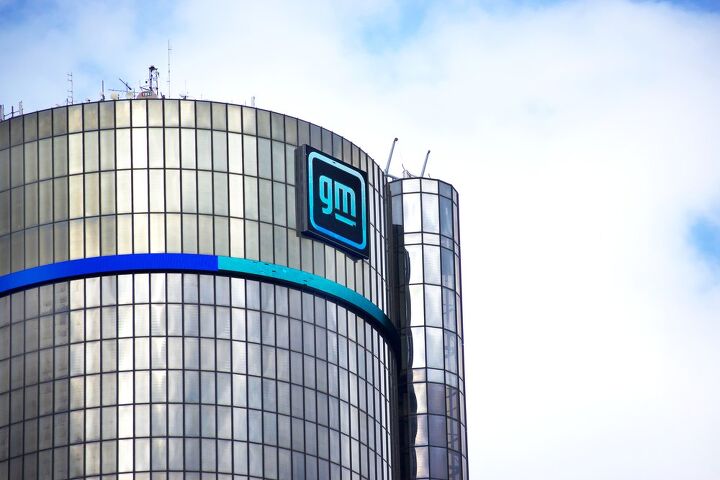


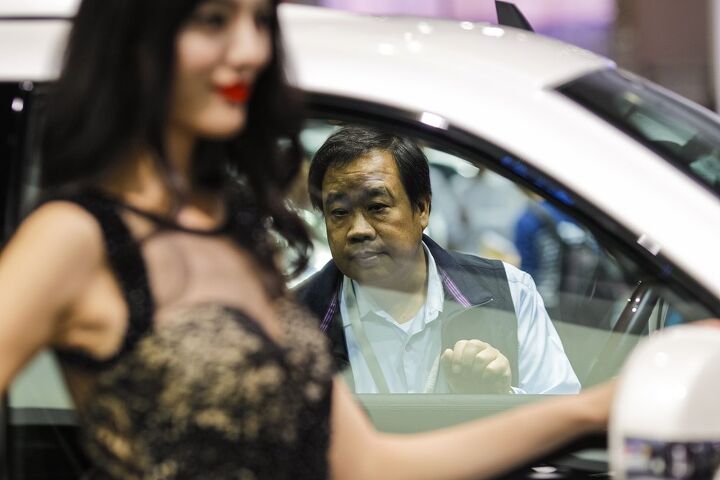


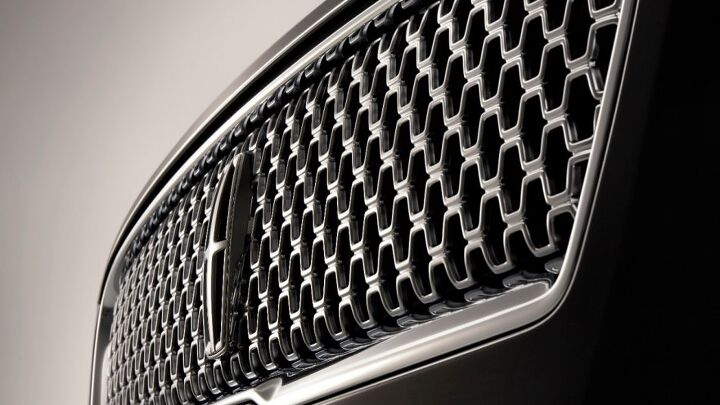


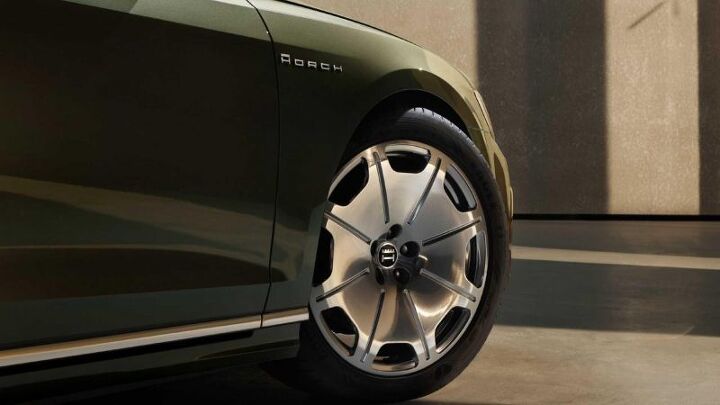


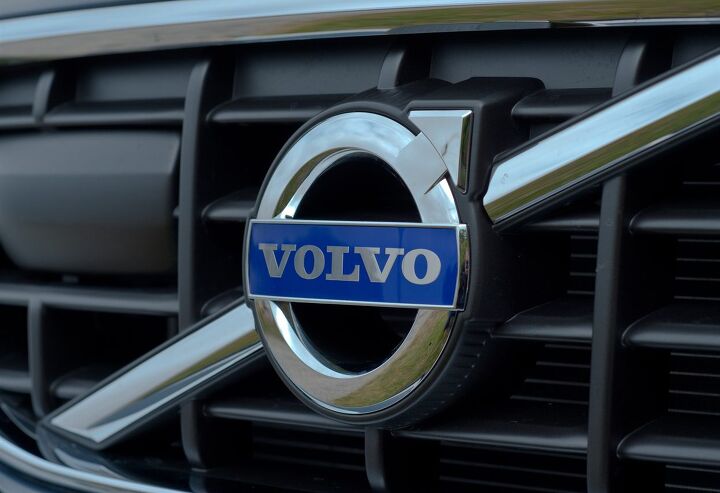













Recent Comments